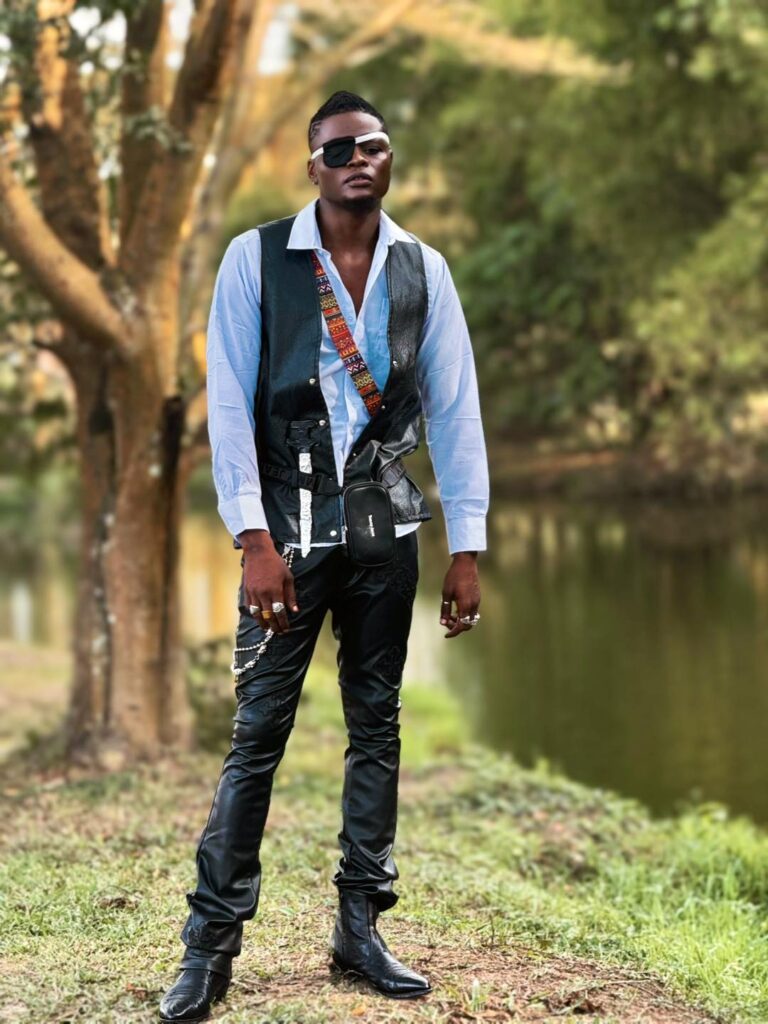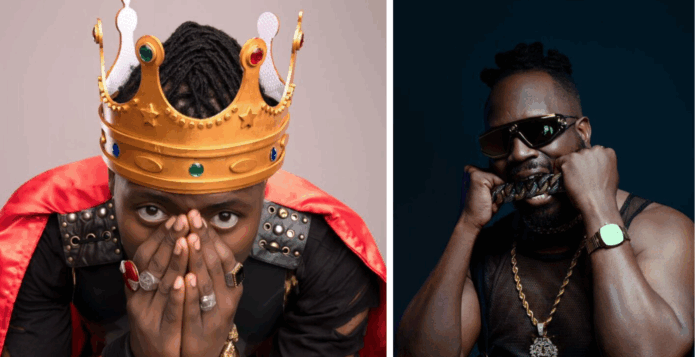Ugandan singer Pallaso has publicly dismissed claims by fellow artist Bebe Cool regarding his influence over the country’s music industry. The rebuttal follows Bebe Cool’s recent TikTok Live session, where he admitted to historically paying DJs and radio stations to limit competitors’ airplay, a strategy he described as a means to counter rivalry. Pallaso argued that such tactics are now obsolete, emphasizing that digital platforms like TikTok have democratized access for artists, allowing them to bypass traditional gatekeepers.
During an interview, Pallaso stated, “Bebe may have some power, but it doesn’t extend that far. Everyone is on TikTok now,” highlighting how social media enables musicians to build fanbases independently. He pointed to TikTok’s algorithm-driven reach as a game-changer, leveling the playing field for emerging artists. The clash underscores tensions within the Uganda National Musicians Federation (UNMF), where both artists hold leadership roles, reflecting broader debates about evolving power dynamics.

Ugandan singer Pallaso
Bebe Cool’s remarks about suppressing competitors like Jose Chameleone in the early 2000s have reignited discussions about historical gatekeeping in Uganda’s music scene. Pallaso’s counterargument aligns with a generational shift, where younger artists increasingly rely on digital tools to circumvent traditional industry structures. The dispute also raises questions about the UNMF’s role in fostering unity amid these technological and ideological divides.
As Uganda’s music industry evolves, the feud highlights the tension between legacy power structures and the democratizing force of social media. Pallaso’s stance signals a growing emphasis on self-reliance and digital innovation, challenging older models of control.
























